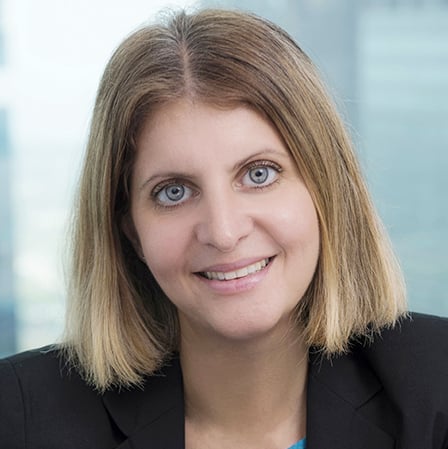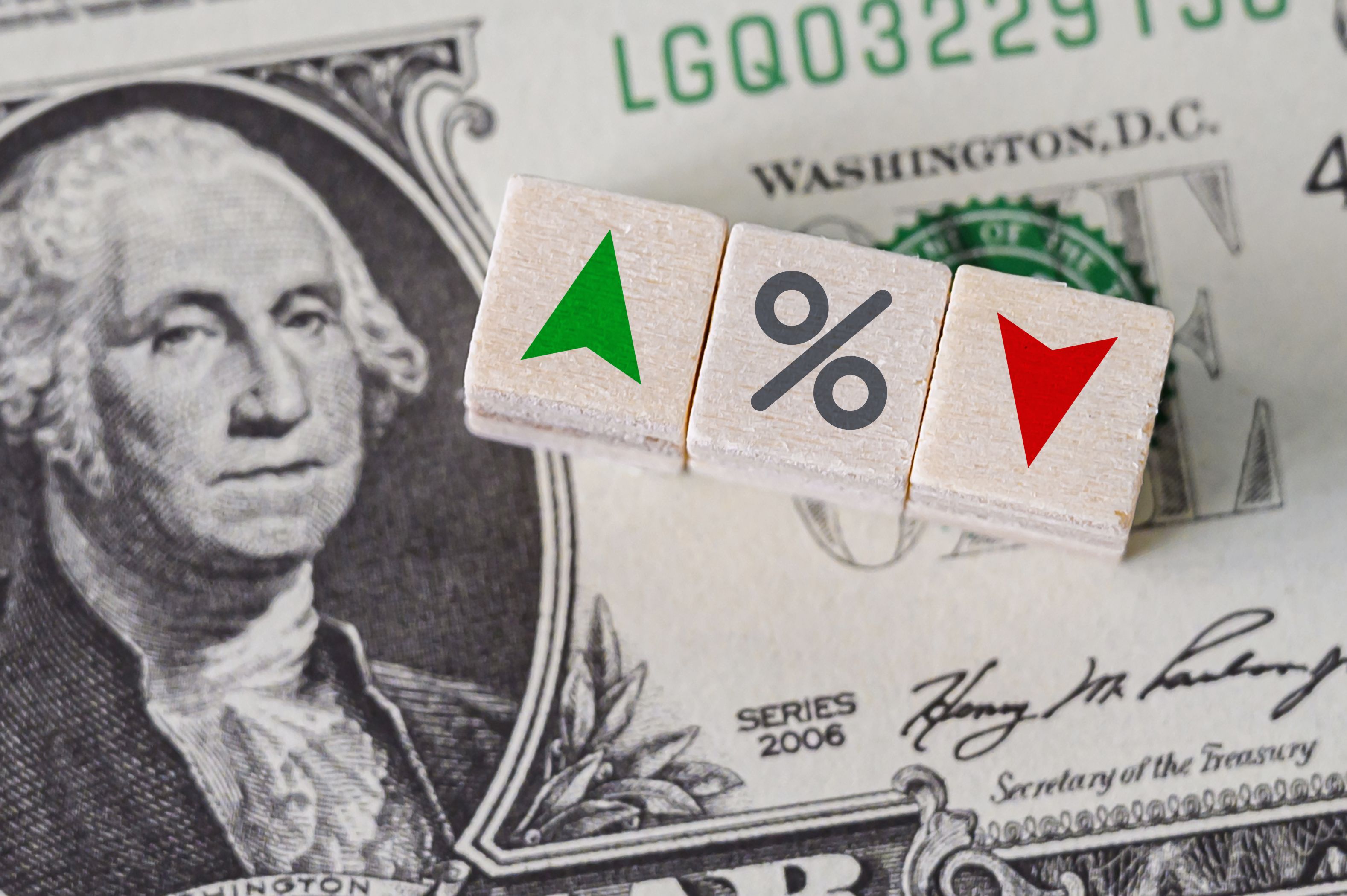 |
|
In the 1953 play Waiting for Godot written by the Irish avant-garde playwright Samuel Beckett, two men, Vladimir and Estragon, are standing along a country road by a leafless tree. They wait endlessly in vain for the arrival of a person named Godot. The Irish literary critic, Vivian Mercier praised Beckett for achieving “a theoretical impossibility – a play in which nothing happens, that yet keeps audiences glued to their seats”.
Asia’s G3 bond market shares parallels with Beckett’s seminal work in some respects. For the past three years, the spectre of a Fed rate adjustment hanged precariously over the market’s outlook. Investors surveyed by Asset Benchmark Research each year cite it as among the factors that influence their buying behaviour. When Janet Yellen made her first move, hiking the rate by 0.25% last December 2015, there was an overall sigh of relief. Financial markets were on the way back to normality.
Ten months later, investors are again waiting for Yellen to make her move. Meanwhile, the funds flow out of emerging markets have reversed. Spreads have tightened and investors are again finding it perplexing to understand how much more expensive Asian G3 bonds are going to get before something blows up.
It is a conundrum and credit hedge funds are the most affected. In theory, going short credit is a no brainer. The market is heading into a rising interest-rate cycle; Asian credits are not cheap; the prolonged economic slowdown is beginning to show up in weaker financials and defaults are happening.
It is only a matter of time when a reversion in funds flow should make those credit hedges finally pay off. Except, as one sellside individual shares, “this year, it has not worked out. A lot of the credit hedge funds are suffering from low returns and given their 2/20 model (2% management fee and 20% on the upside), investors are bailing out”.
It is a year when long-only funds have managed to eke out better returns and without charging hefty fees. The irony is that these asset managers’ performance has not been fantastic either. With JACI at close to 9% year-to-date, traditional investors have just been buying and going long. “They’ve done really well,” says the individual. “Even if they underperform slightly, it’s still a return of 7% to 8% which is pretty good.”
In this waiting game, having the right calibre of portfolio managers matters especially in anticipating and responding to market dislocations. These top-rated asset managers form the basis for Asset Benchmark Research annual ranking of the top investment houses in Asian G3 bonds, which is unveiled today. The ranking is unique in that it is based on the aggregated votes, received from top-rated analysts, economist and strategists, salespeople and traders, for investors in these institutions.
A total of 305 different institutions were evaluated and shortlisted to produce the 2016 ranking. They are categorized into five different institution types including asset managers, hedge funds, private banks, banks and insurance companies/sovereign wealth funds.
Among asset managers, this year the two longstanding rivals BlackRock and PIMCO share first place. While PIMCO maintains its position, BlackRock climbs up two spots from last year to claim its rank. They are joined by PineBridge and new kids on the block PGIM and Allianz Global Investors. In Singapore, PGIM the investment management arm of Prudential has gained from the addition of Mark Thurgood previously from Saka Capital. Allianz Global Investors, owned by Allianz SE has also seen a boost by hiring Morgan Lau from BEA Union Investment Management in the Hong Kong office.
While it has been a tough year for credit hedge funds with lower returns and increased competition from their real money counterparts, there were a number of stand-outs. Nomura Global Capital Management tops this list for the third consecutive year and Value Partners has climbed five places in the ranking to hold the second spot. UK-headquartered funds Man GLG and BlueBay Asset Management are newcomers to this category and are joined by Hong Kong-based arrival Triada Capital.
Among banks based in China/Hong Kong, new names like China Merchants Bank, China Zheshang Bank, ICBC and China Industrial Bank have cropped up in 2016. For the first time, Asset Benchmark Research has extended the institution type of insurance companies to also include sovereign wealth funds. GIC, China Investment Corporation and Korea Investment Corporation are new entrants to the category this year as well as NTUC Income.
For the latest rankings of the Top Investment Houses in Asian G3 bonds for 2016, please click here.
Additional reporting by Jacky Fung








